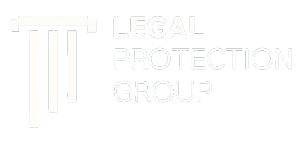Areas of practice
Thomas started his career undertaking prosecutions on behalf of the Crown and government agencies.
He then moved to Russell McVeagh, where his focus was on commercial and civil litigation, together with acting for commercial clients on regulatory matters.
Thomas has also spent time as a civil litigator appearing in High and District Court proceedings (including appeals), Tribunals, arbitrations, expert determinations, coronial inquests, and investigations. Thomas has managed and assisted on numerous High Court judicial reviews and Court of Appeal proceedings for the Treasury Solicitor’s Office in London.
Thomas’s current focus is on criminal and regulatory litigation, including Fair Trading Act proceedings, health and safety breaches, and fraud, along with assisting in coronial inquiries/inquests and investigations. He is also on the prosecution panel for the Manukau Crown Solicitor’s Office.
News & Insights
What is the difference between aiding and abetting?
REGULATORY PROCEEDINGS & LITIGATION
So what is the difference between aiding and abetting? Aiding, as the names suggests, is helping. To abet means to urge on, instigate, or encourage. In any criminal case a defendant can either be charged as a principal or as a party to the offence.
Rae v Commissioner of Police [2023] NZSC 156
CASE SUMMARY
Does the Supreme Court have jurisdiction to hear an appeal from the Court of Appeal’s decision to decline to recall a judgment in a civil proceeding? The Supreme Court addressed this issue, among others, in an “unusual, combined leave-and-appeal hearing”.
